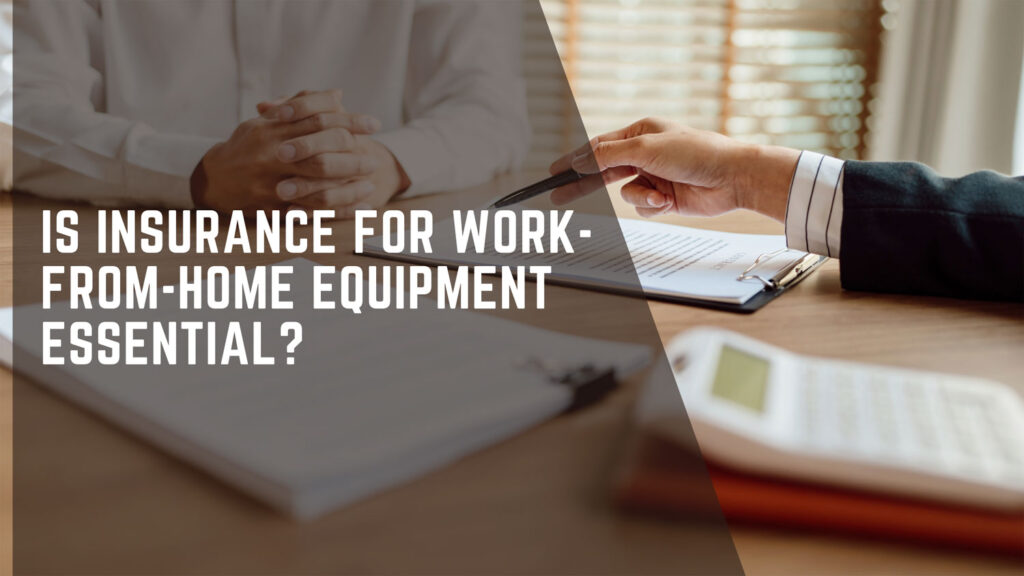How to Navigate a Mortgage as a Freelancer
The most common hurdle in buying a house as a freelancer is the fact that mortgage grant processes most often favor people with stable and predictable incomes. That doesn’t mean the door is fully barred for freelancers, though. With strategic steps, preparation of the right documentation, and finding the right lenders, freelancers too can be homeowners. This guide outlines the best way to assist freelancers in getting a mortgage and eventually living their dream of home ownership.
Pitfalls Specific to Freelancers That Are to Be Overcome
Fluctuating Income
While freelancers enjoy their flexibility and independence, they also experience fluctuating income. Unlike salaried employees, their monthly earnings may vary depending on projects, seasons, and client payments. It may be a little more difficult for lenders to ascertain consistent financial stability and creditworthiness.
Lack of Extensive Documentation Requirements
Most lenders require a mountain of documentation to prove income: tax returns, bank statements, profit and loss reports, and client invoices. These can be cumbersome to gather, especially for freelancers who handle all their finances themselves.
How Can Freelancers Get a Mortgage?
Improve Your Financial Circumstances
- Eliminate Debt: Pay off some existing credit card balances to improve your debt-to-income ratio.
- Improve Credit Score: Pay all dues on time, avoid new credit inquiries, and maintain a low credit utilization rate.
- Build an Emergency Fund: Having a contingency fund demonstrates your ability to handle unexpected financial events.
A strong financial profile helps the lender see that mortgage payments can be serviced by you, thereby improving your eligibility.
Constant Income Documentation
- Provide two to three years of recent tax returns.
- Include profit and loss statements that reflect income stability.
- Attach contracts or invoices from ongoing clients to demonstrate consistent income streams.
Consistent, well-documented income will make your mortgage application more appealing to lenders.
Save for a Larger Down Payment
- Aim for at least a 20% down payment to lower the loan-to-value ratio, reducing the lender’s risk.
- Consider using savings, investments, or retirement funds to supplement your down payment.
A larger down payment not only strengthens your application but also reduces your monthly mortgage payments.
Explore Alternative Lenders
- Credit Unions: Often offer personalized services and may have more flexible income requirements.
- Mortgage Brokers: Can help locate specialized lenders that cater to freelancers.
- Online Lenders: Some platforms offer customized mortgage products that account for freelance income variations.
Shopping around for different lenders increases your chances of finding a mortgage that fits your income structure.
Produce Detailed Income Documentation
- Submit two to three years of tax returns showing freelance income.
- Provide bank statements reflecting consistent deposits from freelance projects.
- Include profit and loss statements to show income trends.
- Attach client contracts and invoices as proof of ongoing income.
Well-organized, comprehensive documentation will help streamline the underwriting process.
Consider Co-signers or Joint Applications
- Co-signer: A family member or close friend with stable income can help strengthen your mortgage application.
- Co-applicant: Applying with a spouse or partner who has stable employment can add credibility to your application.
Establish Financial Discipline
- Clean Credit History: Ensure there are no delinquencies or defaults on your credit report.
- Explain Income Irregularities: Provide explanations for income fluctuations and show proactive steps taken to manage finances.
- Show Savings Habits: Consistent savings over time can substantiate your financial responsibility.
Conclusion: Freelancers Can Own Homes
Getting a mortgage as a freelancer requires more preparation, but it is entirely possible with the right approach. By enhancing your financial profile, organizing comprehensive documentation, exploring alternative lenders, and bringing in co-signers, freelancers can overcome the challenge of unstable income. With proper planning and determination, freelancers can navigate the mortgage process confidently and achieve their dream of homeownership.


